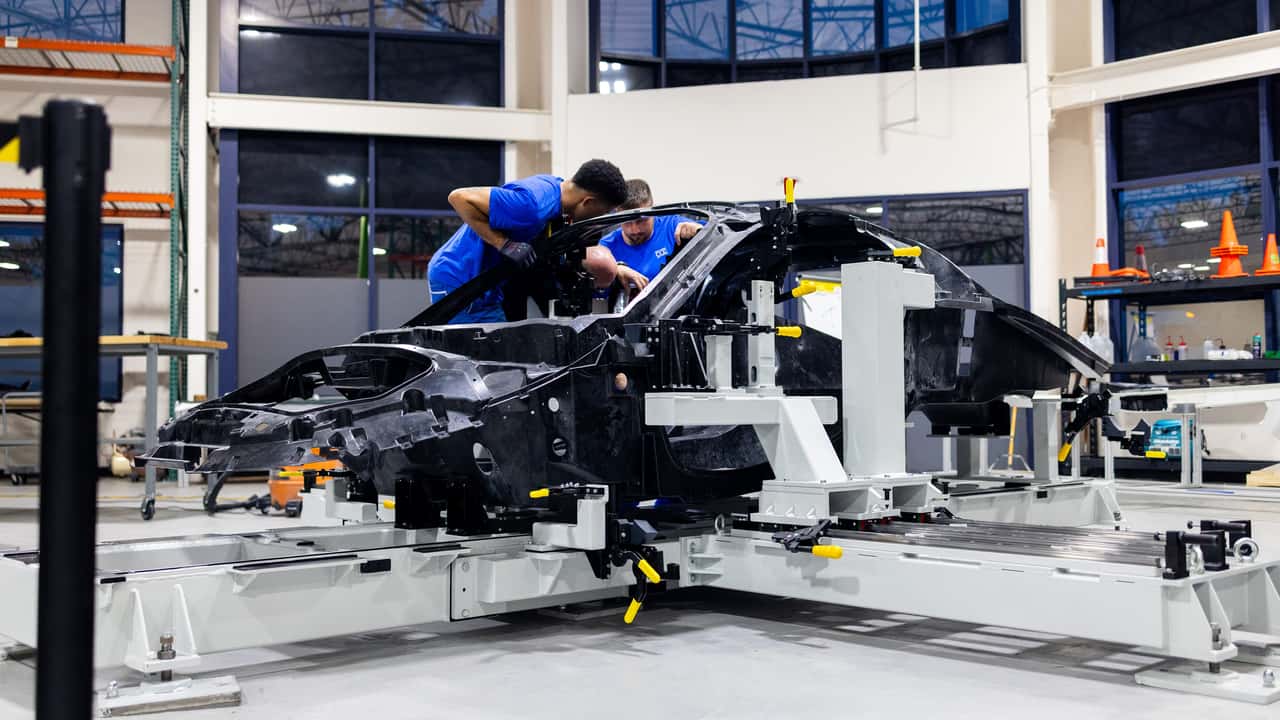The filing follows Carmat’s announcement that it was at risk of insolvency by the end of June unless it raised an additional €3.5m ($4.1m).
 Carmat requires €3.5m “urgently” and around €35m over the next 12 months to continue operations. Image credit: ArtemisDiana via Shutterstock.
Carmat requires €3.5m “urgently” and around €35m over the next 12 months to continue operations. Image credit: ArtemisDiana via Shutterstock.
France-based Carmat has filed for insolvency and requested that the Versailles Economic Affairs Court place it in a receivership.
The artificial heart manufacturer also suspended trading of its shares on the Euronext stock exchange ahead of market open on 30 June.
The developments come after Carmat launched a donation campaign and issued a June 20 press release, stating that it was in a “critical financial situation” and at risk of insolvency by the end of the month.
With its financial needs over the next 12 months mooted to be around €35m ($41m), and around €20m ($23.4m) required by the end of December 2025, the company stated that to stay afloat, it “urgently” required €3.5m ($4.1m) before the end of June, and an additional €4.5m ($5.2m) by the end of July.
Carmat stated that, despite ongoing efforts, it had so far been unable to secure the funds required to continue operations, as per a press release issued today.
According to the company, the court will rule on its receivership request, a situation wherein a secured creditor appoints a receiver to take control of a company’s assets, typically to sell them and repay the debt owed to the creditor, in the coming days.

GlobalData Strategic Intelligence
Don’t let policy changes catch you off guard. Stay proactive with real-time data and expert analysis.
By GlobalData
Pending the court’s decision, Carmat plans to continue operations and explore all possible options to ensure its business activities can continue.
Believing that a receivership procedure would be the most appropriate framework to facilitate this continuation, Carmat stated that, no matter what the court’s decision, it will continue providing support to patients currently benefitting from its Aeson artificial heart and regularly issue updates as its financial troubles unfold.
In April, Carmat secured conditional approval from the US Food and Drug Administration (FDA) to initiate the second cohort of an early feasibility study (EFS) for its Aeson artificial heart, with a primary endpoint of six-month survival after receiving the implant.
Aeson is designed to replace the ventricles of the native heart in patients with end-stage biventricular heart failure. Mimicking the function of a natural heart using an electro-hydraulic system, it is designed to serve as a ‘bridge’ to transplant for patients with severe heart failure who are not candidates for other therapies such as left ventricular assist devices (LVADs).
In February, the company shared that it had surpassed 100 Aeson implants. The first 50 were carried out over a decade, from the first Aeson human implant in 2013 through to the end of 2023. Since early 2024, the pace accelerated significantly leading to 50 additional implants performed in just over a year.
Medical Device Network Excellence Awards - Have you nominated?
Nominations are now open for the prestigious Medical Device Network Excellence Awards - one of the industry's most recognised programmes celebrating innovation, leadership, and impact. This is your chance to showcase your achievements, highlight industry advancements, and gain global recognition. Don't miss the opportunity to be honoured among the best - submit your nomination today!
.png)




